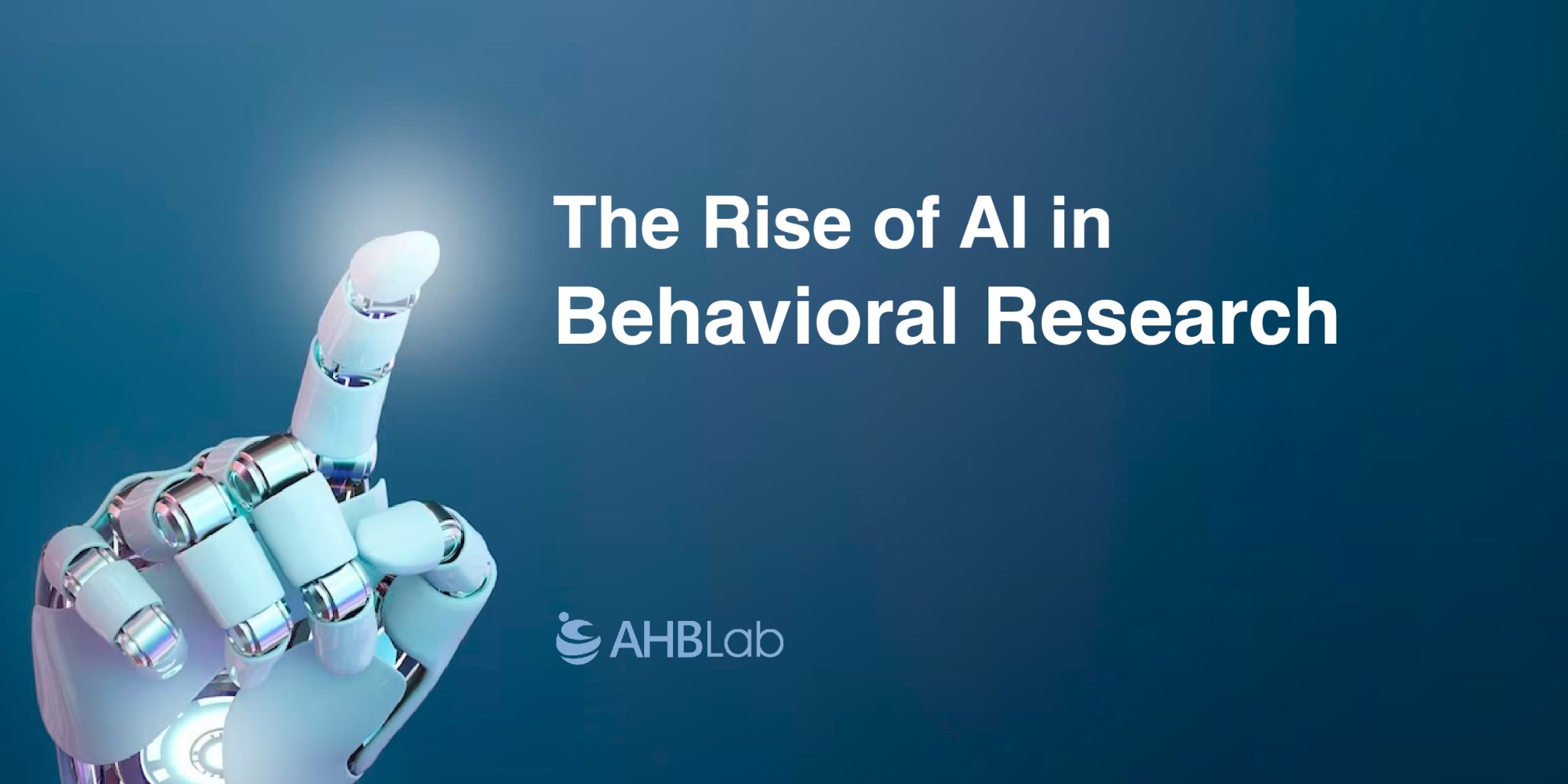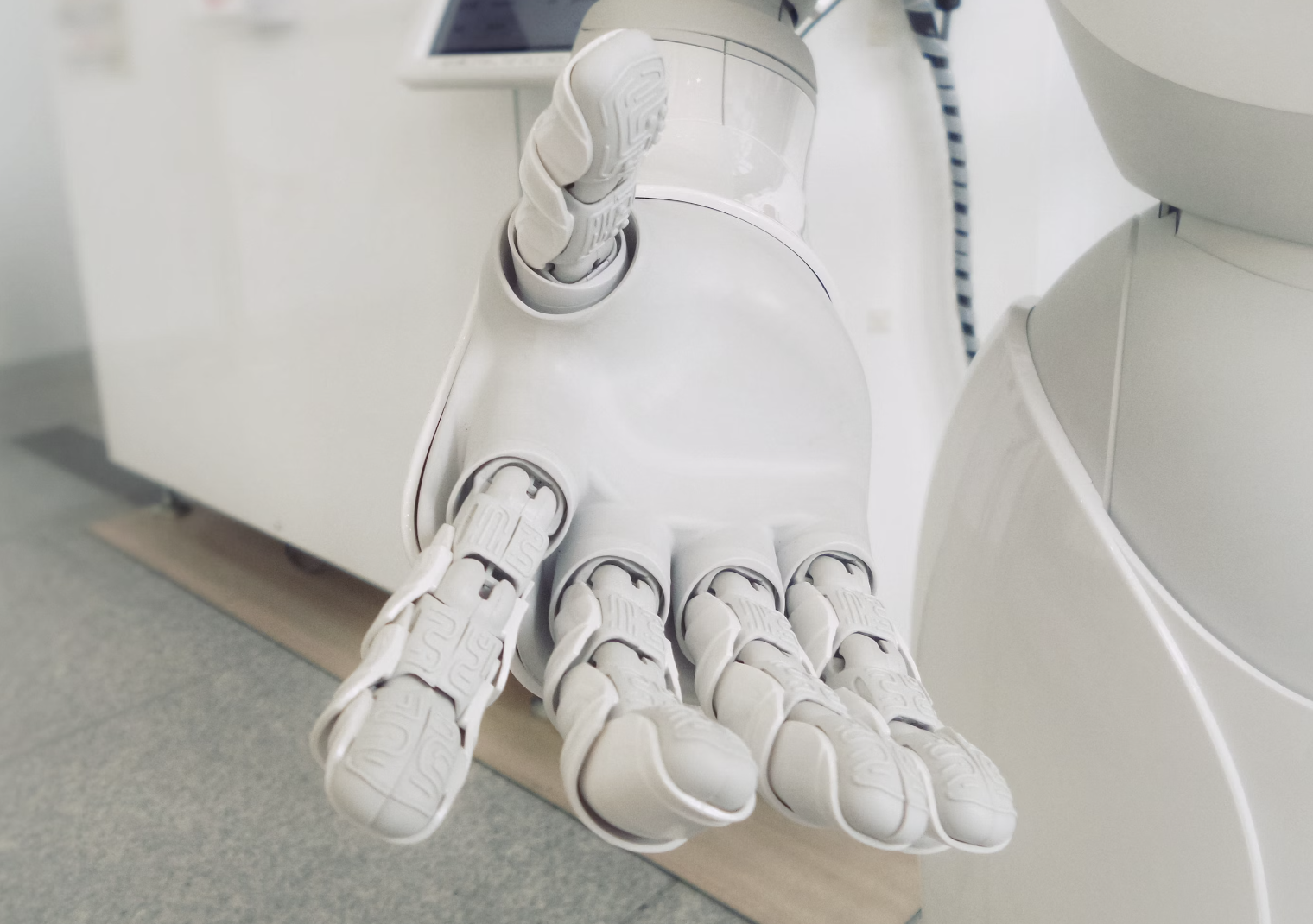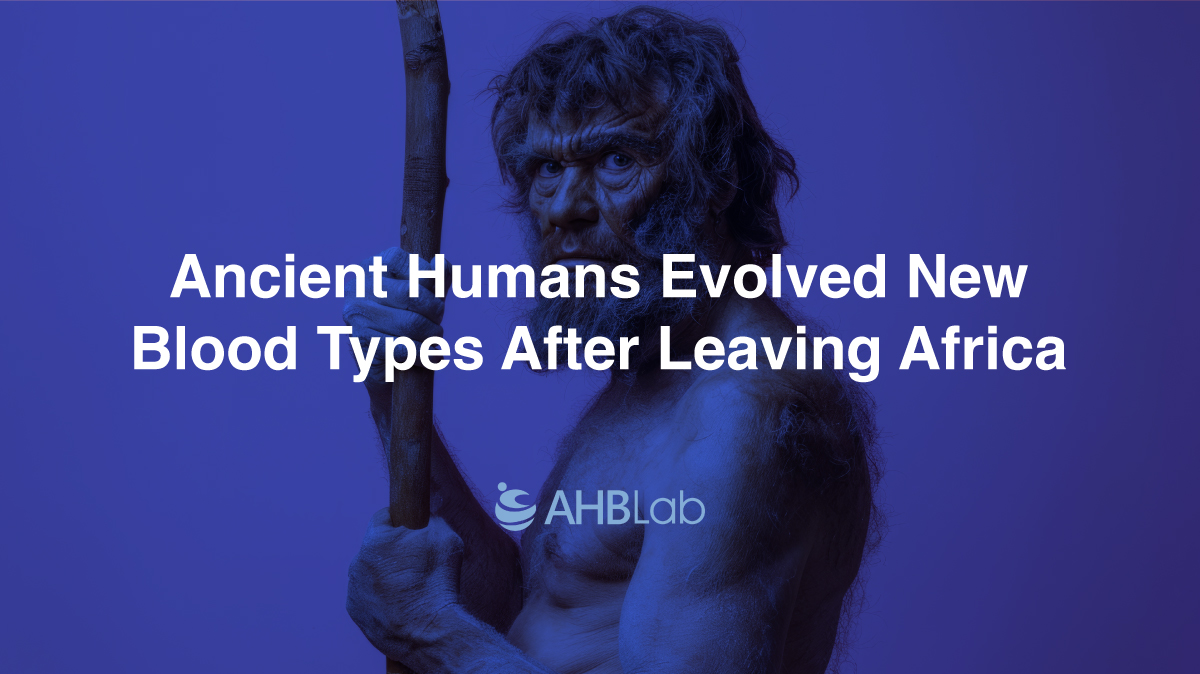The Traditional Challenges of Human-Based Research
Conducting behavioral experiments with human subjects has always been a cornerstone of psychological and social research. However, this method comes with its own set of challenges. From obtaining ethical approvals to the tedious process of recruiting participants, researchers often find themselves bogged down by administrative and logistical hurdles. Moreover, the data obtained from human subjects can sometimes be inconsistent, influenced by a myriad of external factors.
AI Models: The New Frontier in Behavioral Research
Enter the world of artificial intelligence. With the advent of sophisticated AI models, particularly generative language models like GPT-3.5, the landscape of behavioral research is undergoing a seismic shift. These models, trained on vast amounts of text, can mimic human verbal behavior with astonishing accuracy. This capability presents researchers with a tantalizing question: Can AI models serve as reliable substitutes for human subjects in behavioral experiments?
The Promise of Diverse Simulations
One of the standout features of AI models is their ability to simulate a wide range of human participants. This means researchers can access a diverse pool of ‘participants’ spanning different ages, genders, races, and even personalities. Such diversity was previously hard to achieve, especially in a short span of time. With AI, a study can be piloted, refined, and executed in a fraction of the traditional timeframe.
Real-World Applications and Success Stories
Startups like “Synthetic Users” are already harnessing the power of AI for market research. By generating synthetic interviews using AI models, they provide clients with rich, nuanced feedback that often surpasses the insights gained from traditional human surveys. Furthermore, institutions like Stanford University are pioneering the use of “social simulacra” to study user behavior on digital platforms, blurring the lines between AI-generated content and human discussions.
The Limitations and Ethical Considerations
However, as with any technological advancement, the use of AI in behavioral research is not without its challenges. While these models can mimic human behavior, they aren’t perfect mirrors of human thought processes. They might display certain biases, and there’s always the question of whether they truly reflect human behavior or merely replicate known patterns. Ethical considerations also come into play, especially when replicating sensitive experiments like the Milgram study.
The Future of AI in Behavioral Research
The integration of AI models into behavioral research is still in its nascent stages. Yet, the early signs are promising. As these models become more refined and researchers become more adept at harnessing their potential, we could be on the cusp of a revolution in the way behavioral research is conducted. The future might see a blend of traditional human-based research complemented by insights gained from AI models, leading to richer, more comprehensive findings.
AI Models vs. Human Subjects: A Comparative Analysis
While the capabilities of AI models are impressive, it’s essential to understand how they stack up against human subjects. Human participants bring a depth of emotion, experience, and unpredictability that is inherently human. These nuances can sometimes be the crux of certain behavioral studies. On the other hand, AI models offer consistency, speed, and scalability. They can process information and respond to scenarios much faster than humans, and their ‘responses’ can be generated in large volumes, providing a vast dataset for researchers.
The Economic Implications of AI-Driven Research
From an economic standpoint, the use of AI in research can lead to significant cost savings. Recruiting human participants, especially for large-scale studies, can be expensive and time-consuming. AI models once developed and trained, can be used repeatedly without incurring additional costs per ‘participant’. This economic efficiency can make previously unfeasible large-scale studies a reality, opening doors to new avenues of research.
Ethical Dilemmas in AI-Powered Behavioral Studies
The use of AI models in replicating sensitive experiments, such as the Milgram study, raises ethical questions. While these models don’t experience pain or distress, the very act of simulating such scenarios can be seen as problematic. Moreover, there’s the question of consent. While human participants provide informed consent, AI models, by their very nature, cannot. This lack of consent, even in a simulated environment, is a topic of debate among ethicists and researchers.
Preparing for an AI-Integrated Research Future
As AI continues to make inroads into behavioral research, researchers, institutions, and ethics boards need to be prepared. This preparation involves understanding the capabilities and limitations of AI models, establishing guidelines for their ethical use, and investing in training and resources to harness their potential effectively. The integration of AI into research is not just about leveraging technology; it’s about reshaping the very way we approach, conduct, and interpret research.
A Commitment to Ethical Research at AHB Lab
At AHB Lab, we hold a deep-seated commitment to ethical research practices, especially in the realm of peptide studies. We understand the profound implications of animal and human testing, and we continuously advocate for and explore alternatives that uphold the highest standards of ethics and compassion. As the landscape of research evolves with the integration of AI and other technological advancements, we remain hopeful and proactive in championing methods that minimize harm and prioritize the well-being of all sentient beings. Our dedication to this cause reflects our belief that the future of research, including peptide-related inquiries, should not only be innovative but also conscientious and humane.
In Conclusion
The integration of AI models into behavioral research is a testament to the rapid advancements in technology and its potential to revolutionize traditional methodologies. While the journey is fraught with challenges and ethical dilemmas, the potential rewards in terms of efficiency, depth of insight, and the opening up of new research avenues are immense. As we stand at this crossroads, it’s crucial to approach the future with a blend of optimism, caution, and a commitment to ethical research practices.
Inspired by the insights from “GUINEA PIGBOTS: Doing research with human subjects is costly and cumbersome. Can AI chatbots replace them?” published on 13 JUL 2023 by Matthew Hutson.






